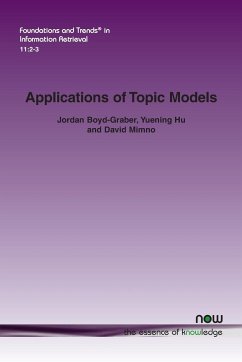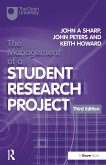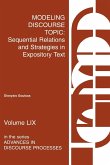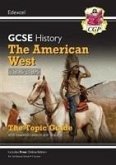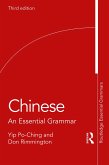How can a single person understand what's going on in a collection of millions of documents? This is an increasingly widespread problem: sifting through an organization's e-mails, understanding a decade worth of newspapers, or characterizing a scientific field's research. This monograph explores the ways that humans and computers make sense of document collections through tools called topic models. Topic models are a statistical framework that help users understand large document collections; not just to find individual documents but to understand the general themes present in the collection. Applications of Topic Models describes the recent academic and industrial applications of topic models. In addition to topic models' effective application to traditional problems like information retrieval, visualization, statistical inference, multilingual modeling, and linguistic understanding, Applications of Topic Models also reviews topic models' ability to unlock large text collections for qualitative analysis. It reviews their successful use by researchers to help understand fiction, non-fiction, scientific publications, and political texts. Applications of Topic Models is aimed at the reader with some knowledge of document processing, basic understanding of some probability, and interested in many application domains. It discusses the information needs of each application area, and how those specific needs affect models, curation procedures, and interpretations. By the end of the monograph, it is hoped that readers will be excited enough to attempt to embark on building their own topic models. It should also be of interest to topic model experts as the coverage of diverse applications may expose models and approaches they had not seen before.
Hinweis: Dieser Artikel kann nur an eine deutsche Lieferadresse ausgeliefert werden.
Hinweis: Dieser Artikel kann nur an eine deutsche Lieferadresse ausgeliefert werden.

